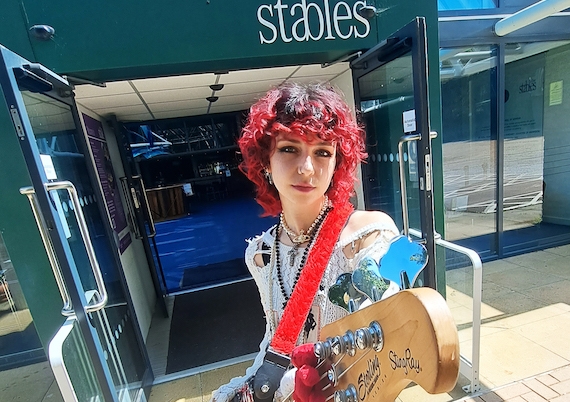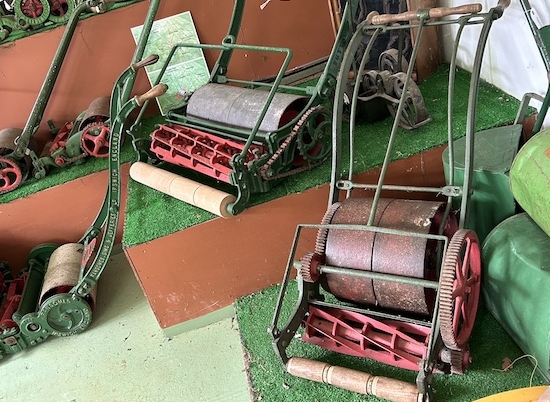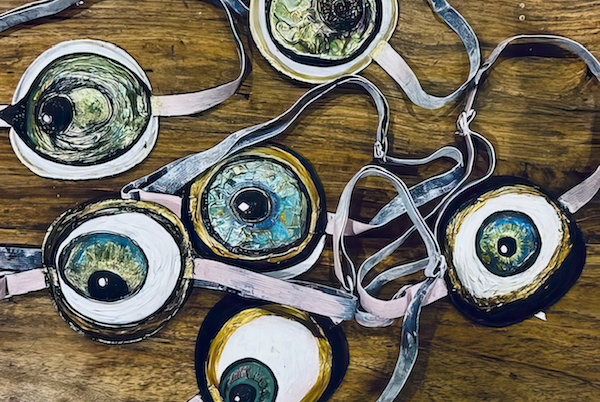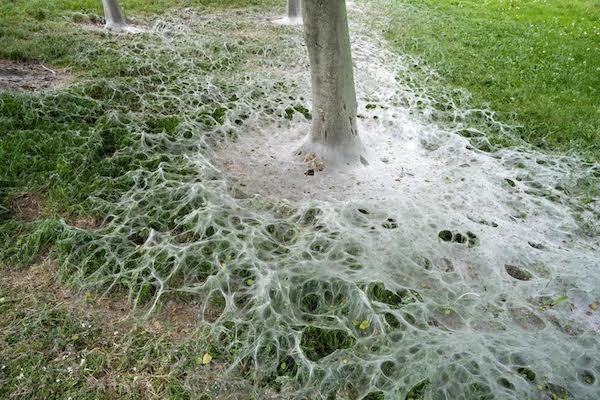Woburn Safari Park has swelled in number - with the arrival of an adorable Rothschild’s giraffe calf.
Classified as endangered by the IUCN (International Union for the Conservation of Nature), the species is one of the world’s rarest mammals and there are thought to be only around 1,600 individuals remaining in the wild.
Born to 20-year old mum, Savannah, and 15-year old dad, Casper, the baby is thought to be a female and was up, suckling and walking around within an hour; showing signs of being happy and healthy.
Remarkably, giraffes usually walk within a few hours of birth and the calf has already been spotted stumbling around the reserve and following mum wherever she goes. Measuring in at 6-foot tall, the new arrival has plenty of growing to do and is expected to reach around 18-foot by adulthood. Keepers at Woburn always take a ‘hands-off’ approach, to allow mum and her calf time to bond. A typical calf will need nourishment every two hours, so lots of food and shelter are provided to give mum plenty of strength to feed.
-19 copy.jpg)
Acting deputy head of reserves, Tom Robson said: “We are all thrilled with the new arrival and can’t wait to see the calf grow and integrate with the other giraffes. As is typical with these animals, we expect the whole herd to have a role in bringing up the calf. This aids integration and is brilliant for less-experienced members of the herd too, as it provides enrichment and life skills.Savannah and Casper are both experienced parents, so they are very relaxed about the whole process!”
Keepers have high hopes for the new arrival as Woburn is home to a large breeding herd of Giraffes, playing a fundamental role in the captive breeding of the species. The herd lives in Giraffe Junction, a spacious and leafy 7-acre reserve on the Road Safari, which they share with a Grevy’s Zebra and Scimitar Horned Oryxes.
Restricted to just a few isolated populations in the wilds of Kenya and Uganda, Rothschild's giraffes are now most under threat from habitat loss and poaching for their meat and hides.
Never miss leisure news in Milton Keynes - Follow us on www.twitter.com/thisistotalmk
And on Facebook: www.facebook.com/thisistotalmk

















